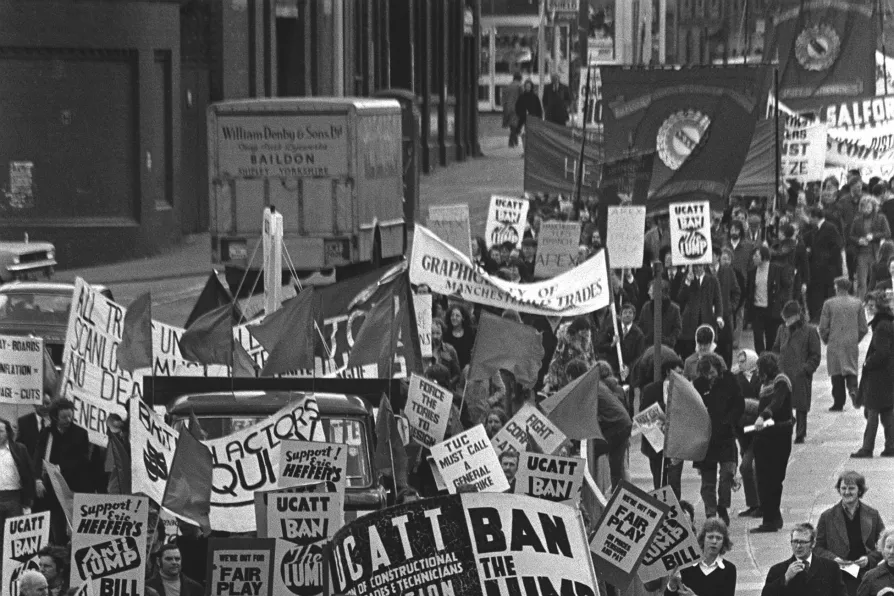John Wojcik pays tribute to a black US activist who spent six decades at the forefront of struggles for voting rights, economic justice and peace – reshaping US politics and inspiring movements worldwide


BETWEEN 1969 and 1972 two successive attempts were made to limit the right to strike in Britain. Both were defeated.
The first was by a Labour government. In 1969 Harold Wilson produced his white paper, In Place of Strife, proposing to make unofficial strikes illegal and to punish unofficial strikers directly. Penalties were to include both fines and ultimately imprisonment.
The second was by Edward Heath’s Conservative government. Its 1971 Industrial Relations Act required the registration of all trade unions and laid down financial penalties for any union whose members were responsible for unofficial strikes deemed illegal under the Act. Strikers themselves were punishable at law for infringements of the Act.

In part II of a serialisation of his new book, JOHN McINALLY explores how witch-hunting drives took hold in the Civil Service as the cold war emerged in the wake of WWII

KEVIN COURTNEY of Stand Up to Racism and JOHN PAGE of the Ella Baker School of Organising announce a joint project aiming to unite trade unions and social movements in creating new narratives to fight the divisive rhetoric of the far right

Corbyn and Sultana’s ‘Your Party’ represents the first attempt at mass socialist organisation since the CPGB’s formation in 1921, argues DYLAN MURPHY

PHIL KATZ describes the unity of the home front and the war front in a People’s War









